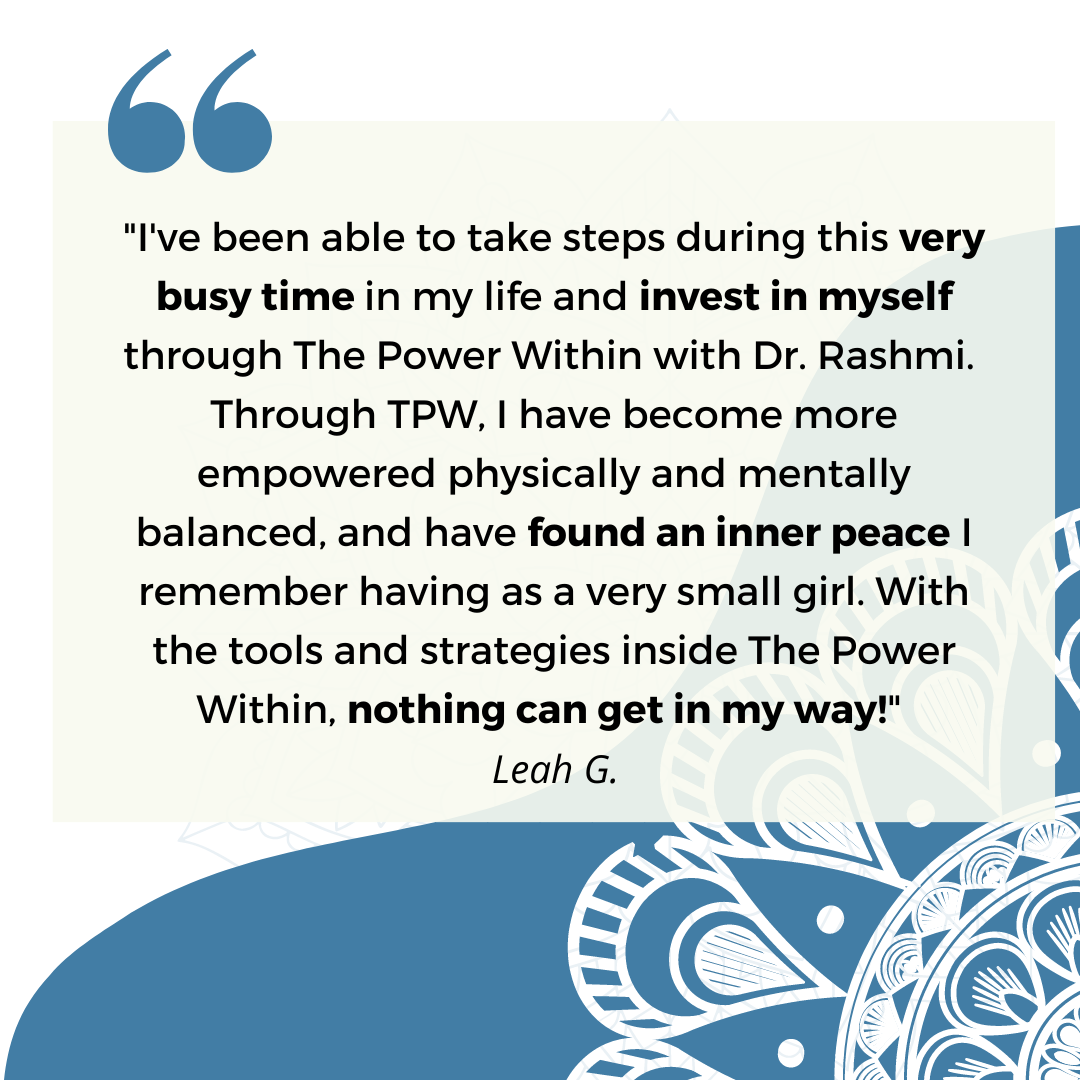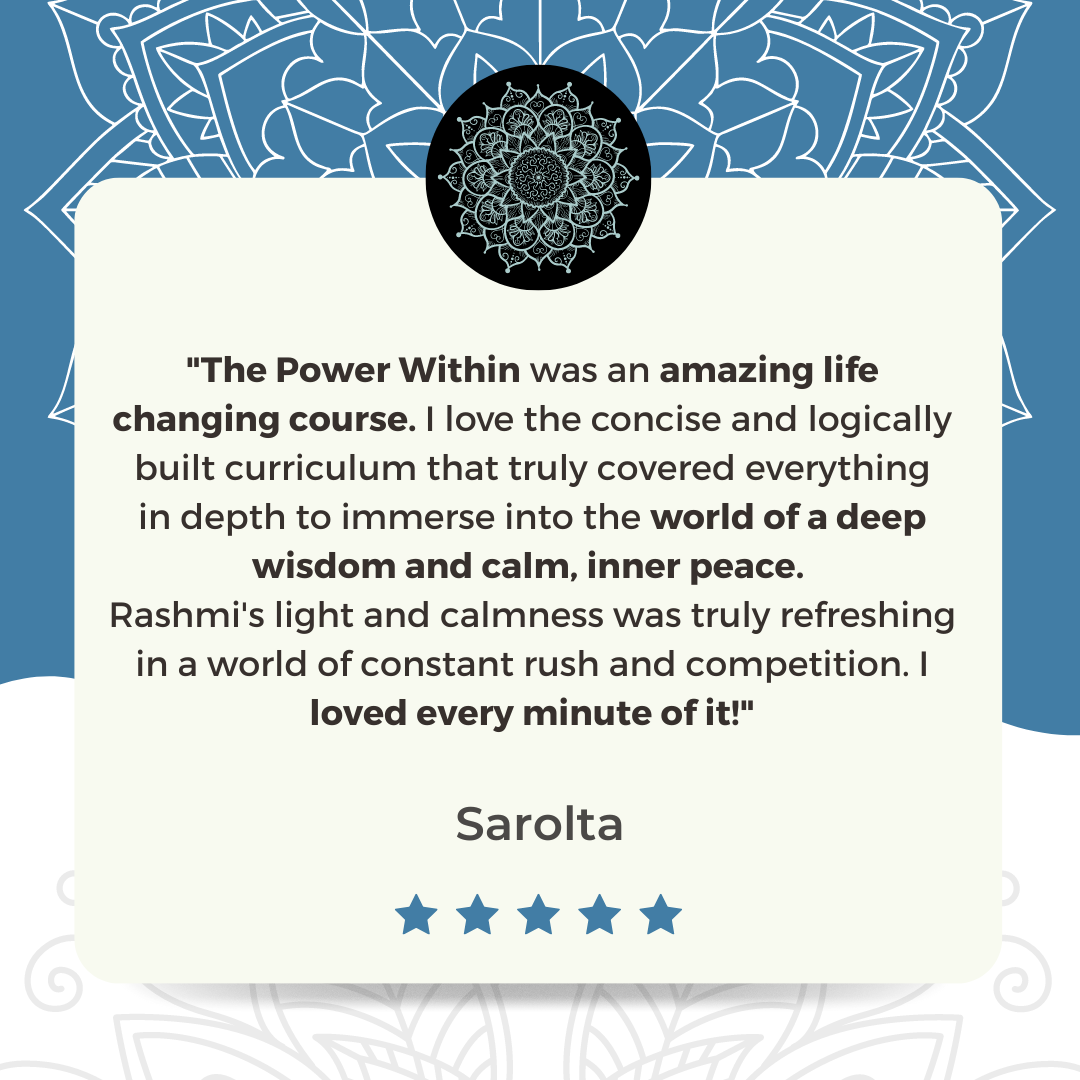Recently, I’ve had a handful of really smart, educated patients tell me they were concerned about inflammation. Most of them had found a barrage of confounding and contradictory information about this online and remained genuinely curious. So, I’m going to try to give you relevant health information and how you can use it.
Just like stress, inflammation is a necessary and many times helpful physiological response in our bodies. Take for example what happens when you exercise with intensity. Your body has to mount a good inflammatory response in order to repair and rebuild the muscle tissue. Or, if we fall and scrape our knees, we need those inflammatory cytokines for repair.
When inflammation becomes chronic – meaning it’s overloaded and constant, it becomes unhelpful and harmful to our health. One of the most common causes for chronic inflammation is what’s known as SAD, or the Standard American Diet, which can be high in processed foods, animal products, sugary drinks and dairy. Chronic daily stress is also a major player in causing unhelpful inflammation. What are some of the other causes? Environmental toxicants, like chemicals we may use inside our homes or cosmetic products. Leading a sedentary lifestyle – so in other words, being a couch potato. A healthy gut is also important factor in preventing and reversing chronic inflammation. With this in mind, let’s delve into my 5 biggest tips to help reduce chronic inflammation.
1. Eat plenty of fresh, whole plant- based foods. You’ve probably heard of the saying “Food can be your best medicine, or your slowest form of poison.” At every chance you get, choose whole foods and focus on eating a variety of colors for maximize phytonutrients. Berries and cherries are high in antioxidants and are always an excellent choice. Whole foods are those that are minimally processed and are intact in their original form. Think about the contrast between a bag of brown rice and a bag of Cheetos in terms of origin. Which one looks closer to how it grew?
2. Be liberal with herbs and spices when cooking. Growing up in India meant that my taste buds were constantly feasting on a myriad of flavors and colors of spices. We know about the phenomenal health benefits of spices like turmeric, cinnamon and ginger, just to name a few. If you have access to fresh herbs, make sure and use them every chance you get. I’m lucky enough to grow a large herb and vegetable garden and I love the anti-inflammatory effects of all my herbs – whether it’s mint, garlic chives, basil or lemon balm. If you can’t grow them, then use dry herbs. Even dry ginger powder has been shown in studies to be helpful not only to reduce inflammation but also to help with ailments like menstrual cramping and migraines.
3. Avoid processed foods. This is the most important tip, but it can seem daunting, so I slipped it in here in the middle. Our pantries and our lives can easily be filled with processed foods: crackers in boxes, sugary cereals, canned soups, sodas, burgers, hot dogs. The biggest offender in this category is processed meats. The most important foods to avoid are lunch meats, hot dogs, sausages, hamburgers and other processed meats like chicken sausage or turkey meatballs(that are often tauted as healthy alternatives to red meat). Take a moment and think about how these previously alive animals came to look like their current form and you can imagine the amount of manmade processing they’ve gone through. I’m still shocked when I find a smart friend eating a hot dog – that’s how ubiquitous processed meats are in our society – that nearly everyone seems to be eating them. This kind of repeated assault on our bodies can often lead to outcomes like cancer, asthma, heart disease, inflammatory bowel disease – all consequences of chronic inflammation.
4. Exercise. This is any kind of movement you enjoy. Ideally, 30 minutes of continuous exercise is recommended daily, but we know that even small segments of movement can be great for our health. If you’ve fallen away from a regular exercise regimen, then restart. Do it today. Remember those old sayings: take the elevator, park far away, walk anywhere you can. Any and all movement helps. If you’re stuck at home on Zoom all day, take short little breaks and move, even if it’s for 2 minutes at a time – that’s essentially what I do now. I also make it a habit to schedule at least a half hour of cardiovascular exercise into every day.
5. Release and reduce stress. This one is tough too, because we know that nearly all of us have way more stress than is helpful. Many stressors were likely exacerbated during this pandemic. My biggest recommendation for all of my patients is to cultivate a regular meditation and/or mindfulness practice. This may seem daunting, but I assure you, if I can become a meditation teacher, you can absolutely learn how to meditate. The benefits are enormous when we consciously switch our autonomic nervous system response from the “fight or flight” sympathetic tone to the “rest and restore” tone of our parasympathetic nervous system.
Start with one or two ways to reduce inflammation and eventually, you’ll be feeling so fantastic, you’ll likely want to incorporate all 5 tips into your life. I say the best life is the one where we are always upgrading our mind/body health.






